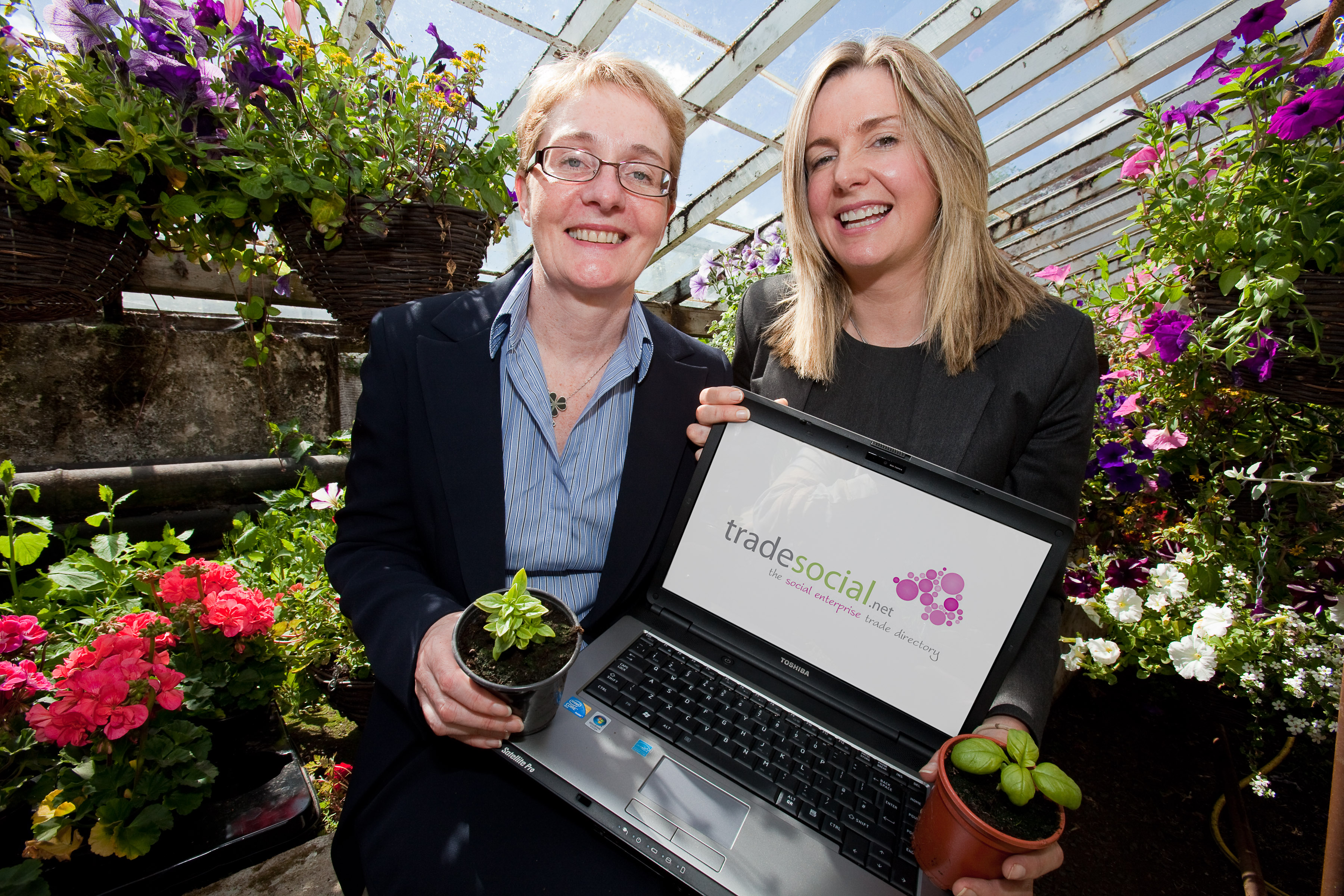
The Construction Industry must emerge from the depths of recession as a modern, diverse and sustainable profession capable of embracing change.
That was the key message to employers and training organisations at a seminar on the future of the industry organised by WOMEN’STEC and CITB-ConstructionSkills NI.
Held at the headquarters of the Equality Commission, the seminar addressed a range of issues including the under-representation of women, training and sustainability.
Anne McVicker, Chief Executive of WOMEN’STEC said it was essential that the Construction Industry had all the elements in place – skills training, an increase in the numbers of women and use of sustainable materials – to be ready for an upturn in the economy.
“The building industry is still in the midst of decline but this will not last forever. This is the perfect time to take stock and to embrace new ideas that will make it a more attractive profession for young people, including young women,” she said.
The Construction Industry remains a male-dominated environment. At present women account for only ten per cent of the workforce, with the vast majority of those working in a clerical capacity.
Over the past year and a half, it has been hit hard by the fall in the housing market and the reduction in public sector spending. This has meant that there have been fewer apprenticeships in traditional trades such as plumbing and bricklaying.
Barry Neilson, Chief Executive of CITB-ConstructionSkills NI, encouraged employers to plan to recruit and train now to meet their future staffing needs to service the upturn in the industry when it comes.
He added “The investment plans for Northern Ireland and the rest of the UK re still in place and will be implemented when financial pressure eases. Our industry needs to keep the flow of skilled people coming into the industry, at all levels, to deliver these plans. There is a wealth of talent and potential in Northern Ireland and employers need to ignore any perceived issues of gender and recruit the best they can to provide a professional service to their clients.”
Key speakers at the seminar included Evelyn Collins, Chief Executive of the Equality Commission, Marie-Thérèse McGivern, Chief Executive of Belfast Metropolitan College and Dr Ian Garner, of the Waste Recycling Action Programme (WRAP).
Chief Executive of the Equality Commission Evelyn Collins said: “This is a difficult time for the construction industry in Northern Ireland, with lower outputs and job losses across the sector. While numbers of women undertaking vocational courses in construction and planning are still small, they have tripled in ten years and women are increasingly well equipped to take up jobs in construction. Times are hard and recruitment is limited, but it is still important for women to take up all the opportunities open to them, and for employers to have access to the widest possible pool of talent.”
Marie-Thérèse McGivern said the industry must use social media, including twitter, facebook and texting to attract young people. And she added that using young women already in construction as role models might encourage other young women to consider it as a career.
“We should use this downtime to work more effectively with young people to persuade them that working in construction is a good choice to make. It is an ideal opportunity to rethink where we are going and how to get out the message that this is good career choice for young women in particular.”
One such role model is Ciara Walls, a young woman currently forging a career in construction. The Belfast woman is completing a plumbing course at Belfast Metropolitan College and is employed by Fusion Heating.
Ciara recognised that it is difficult for all young people to get an apprenticeship at present because of the current state of the economy but added that it is a great career choice.
“If you are willing to work hard and get yourself into a steady job you are setting yourself up for a very good career. There is so much to learn and it is one of those jobs that you can take anywhere and adapt your skills,” she added.
Dr Ian Garner said WRAP had worked well on sustainability issues with the Construction Industry on a range of projects worth £600m over the past three years and wanted to see it as established practice.
He added: “Sustainability bring benefits to the environment and to the construction sector in terms of a more efficient use of resources and a better return on profits. Companies have to be efficient to compete in a time of recession and in doing so they are learning new ways of business that will stand them in good stead for the future.”

